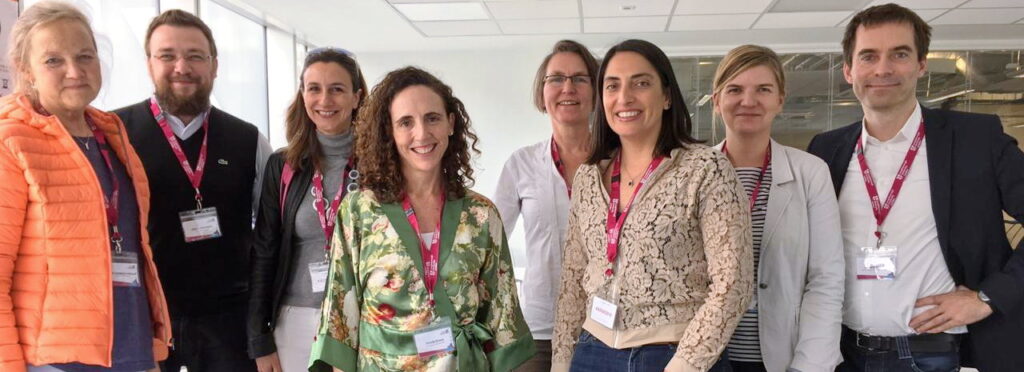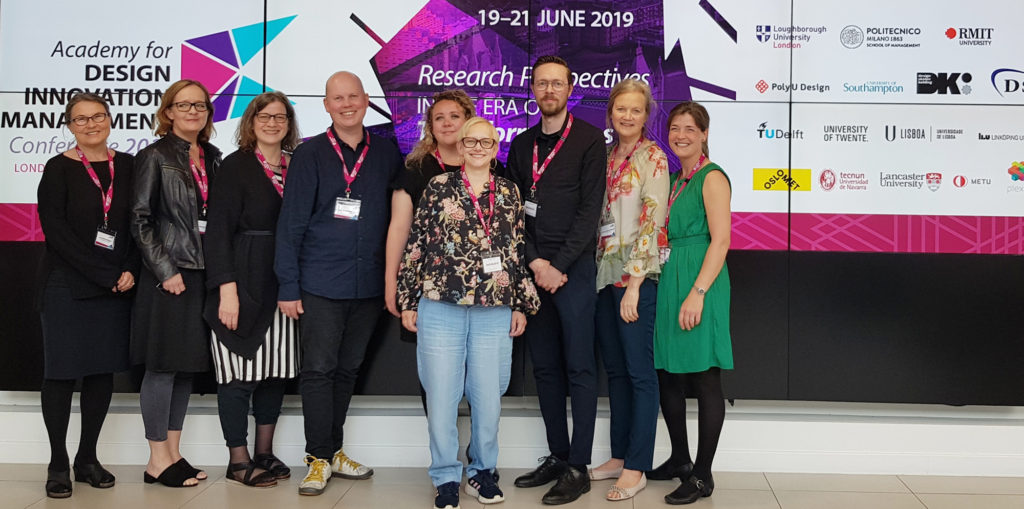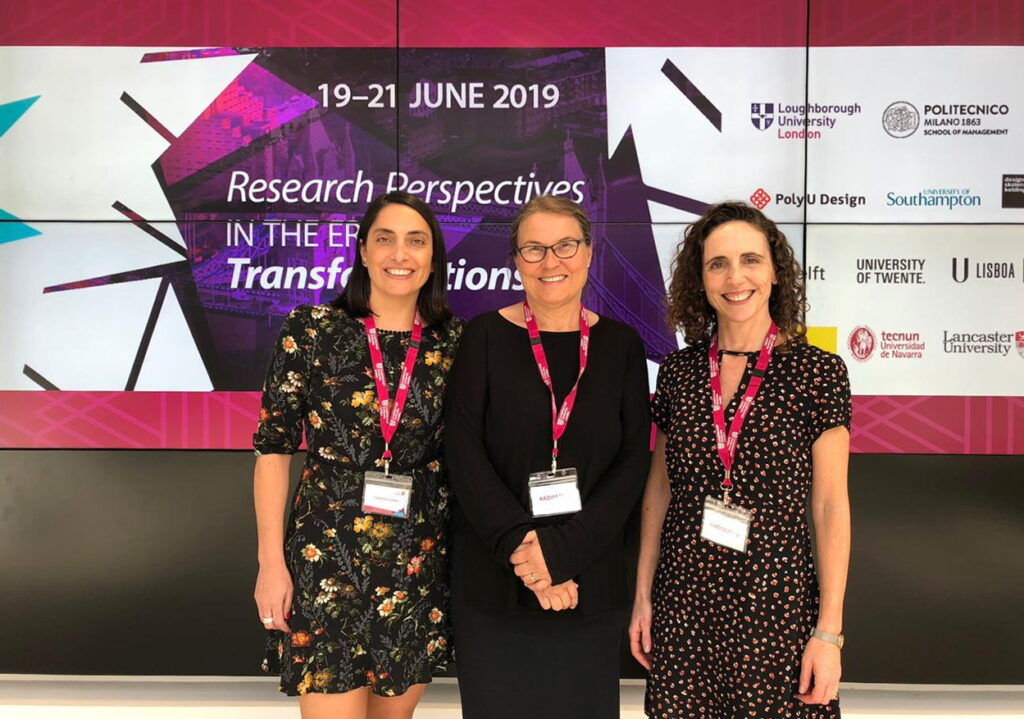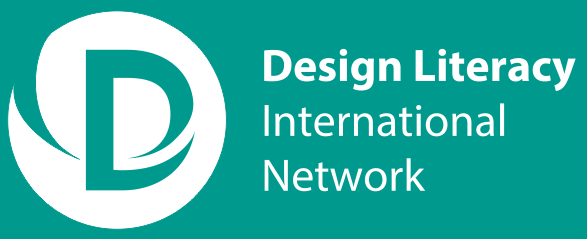The aim of the Design Literacy International Network is to bring together scholars who have an interest to critically explore sustainable and socially ethical perspectives to underpin the research on design and design education from kindergarten to PhD.
Our research links design literacy to democratic participation in design processes and the awareness of quality and sustainability in innovation, production and consumption. We want to uncover and make visible the impact of the public on environmental challenges in society, including in their role as consumers.
The 2019 workshop at the ADIM conference in London successfully borough together scholars who expressed interest to be associated and to support the goals of the Design Literacy International Network. One of the recommendations which came from the workshop was to create a webpage to facilitate sharing information of scholars’ research future projects and past research outputs such as papers, articles, conferences presentations, funding applications.
You can read more about the 2019 ADIM workshop below
Inauguration of the Design Literacy International Network
The network was inaugurated during a workshop conducted at the ADIM 2019 conference in London.

Workshop: Design Literacy
The aims of the workshop were threefold (a) establish an international network on Design Literacy, (b) articulate how network membership might support personal goals, (c) share information regarding how the participants might contribute into the network in terms of research expertise, funding, and networks.
The workshop gathered a group of 21 international scholars who were interested in exploring the emerging area of Design Literacy. Production and consumption are very much tight around human designed and made systems – how can citizens become aware of their vital role in shaping the world and support a better tomorrow for both people and planet? How does the uptake of design literacies evolve across diverse fields of education (both universities and K12), policy development and commercial organisations?

A majority of the workshop participants had presented papers in Track 6b: Design Literacy enabling Critical Innovation Practices. Different perspectives on Design Literacy was presented during the four sessions of Track 6b and proved a valuable point of departure for further discussions in the workshop. Two papers from the track were awarded TOP III at the conference, Úrsula Bravo for best student paper and Eva Lutnæs for best paper. In her paper, Lutnæs’ raise the question of what it means to be design literate in a context of critical innovation and suggest the following definition:
– Being design literate in a context of critical innovation means to be aware of both positive and negative impacts of design on people and the planet, approaching real-world problems as complex, voicing change through design processes, and judging the viability of any design ideas in terms of how they support a transition towards more sustainable ways of living (Lutnæs, 2019).
The definition was displayed on screen and the concept of Design Literacy debated. How is Design Literacy different from other types of literacies, such as visual literacy? Is it vital to be able to address the negative impacts of design? How could the concept be kept wide and open to evolve? What is design illiteracy? How could indicators of design literacy be developed instead of making a definition?





After a plural session, the participants worked in groups and were encouraged to articulate how network membership might support their personal goals, articulate research ideas and expertise. This is an important aspect as we envisage developing a proactive network that support international colleagues with diverse career paths and visions. Thus, recognising that members’ context and diverse agendas will play an important part of how the Design Literacies will be taken up. Identifying the diversity provides a tipping point to succeed in the development of rich resources that can be adopted by the members of the Design Literacy International Network to develop specific research funding applications with a goal to produce tangible impact.

Chairs:
NIELSEN Liv Merete
BOHEMIA Erik
BRÆNNE Karen
Co-chairs:
BRAVO, Úrsula
CORTÉS, Catalina

